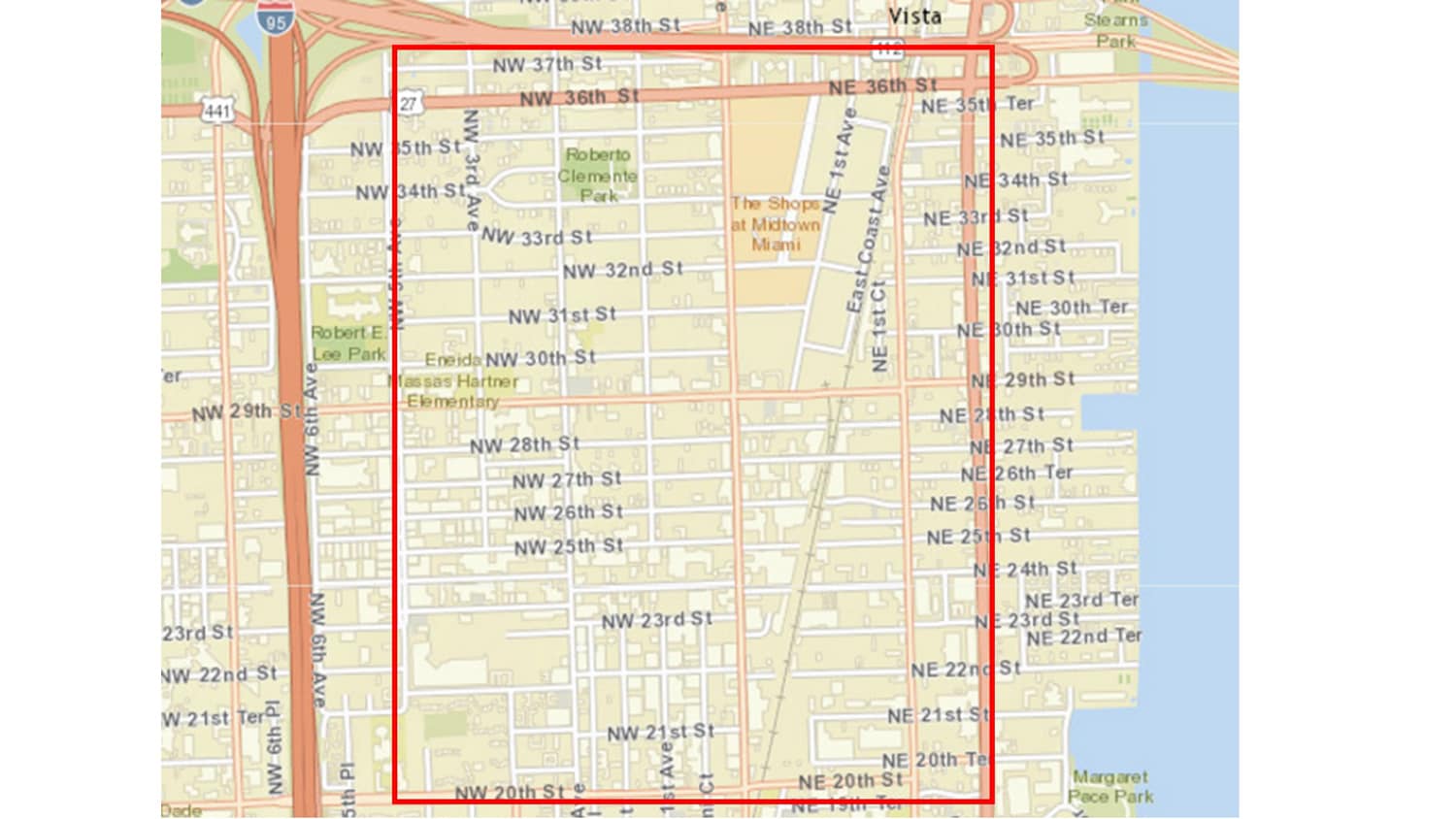CDC Guidance for Travel and Testing of Pregnant Women and Women of Reproductive Age for Zika Virus Infection Related to the Investigation for Local Mosquito-borne Zika Virus Transmission in Miami-Dade and Broward Counties, Florida.
August 2nd, 2016
Advice for people living in or traveling to Wynwood, a neighborhood in Miami, FL
The Florida Department of Health has identified an area in one neighborhood of Miami where Zika is being spread by mosquitoes. This guidance is for people who live in or traveled to this area any time after June 15 (based on the earliest time symptoms can start and the maximum 2-week incubation period for Zika virus).
Pregnant women and their partners
- Pregnant women should not travel to this area.
- Pregnant women and their partners living in or traveling to this area should follow steps to prevent mosquito bites.
- Women and men who live in or traveled to this area and who have a pregnant sex partner should use condoms or other barriers to prevent infection every time they have sex or not have sex during the pregnancy.
- All pregnant women in the United States should be assessed for possible Zika virus exposure during each prenatal care visit.
- Pregnant women who live in or frequently travel to this area should be tested in the first and second trimester of pregnancy.
- Pregnant women with possible Zika exposure and signs or symptoms of Zika should be tested for Zika.
- Pregnant women who traveled to or had unprotected sex with a partner that traveled to or lives in this area should talk to their healthcare provider and should be tested for Zika.
Couples thinking about getting pregnant
- Women with Zika should wait at least 8 weeks and men with Zika should wait at least 6 months after symptoms began to try to get pregnant.
- Women and men who live in or frequently travel to this area should talk to their healthcare provider.
- Women and men who traveled to this area should wait at least 8 weeks before trying to get pregnant.


